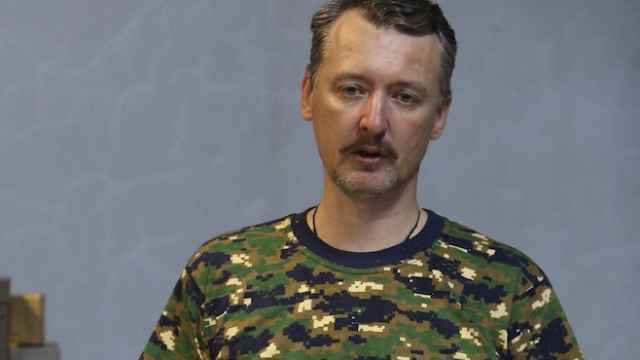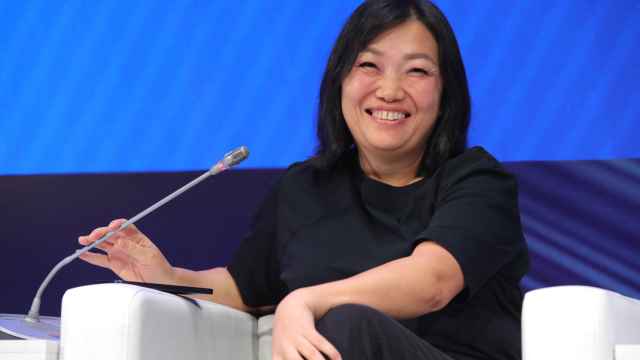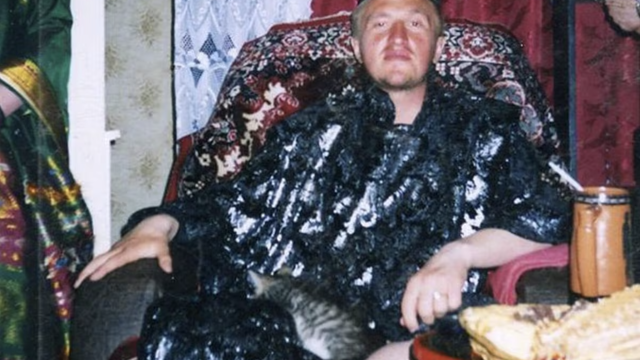German Chancellor Angela Merkel's spokesman accused Moscow on Friday of actively stoking the conflict in eastern Ukraine after a senior separatist in the region was quoted as saying the rebels were receiving "a lot" of Russian money.
Igor Martinov, the rebel-appointed administrative chief of Donetsk, the region's largest city, told Germany's Frankfurter Allgemeine Zeitung daily that Moscow was helping to finance public services and state pay and pensions no longer funded by the Ukrainian government in Kiev.
"The Russian Federation is helping us," Martinov said, adding that it was "not just a bit of money but a lot."
The Kremlin has repeatedly denied aiding the separatists.
Merkel's spokesman Steffen Seibert said Martinov's remarks confirmed what Western governments and Kiev have been saying for many months about Moscow's involvement in the crisis.
"Russia is acting in Ukraine without consulting the Ukrainian government, and it is supporting the separatists there very actively," Seibert told a regular news conference.
"Without Russia's military and financial support we simply wouldn't have the violent separatism that we are currently experiencing in these regions."
Martinov did not give numbers but said the Russian transfers had been arriving since the summer and were funding schools, emergency services, pensions and other administrative costs.
Ukraine cut all state funding to the rebel-held areas of Donetsk and Luhansk regions after the separatists held elections on November 2 which Kiev and the West condemned as illegal and a violation of a September cease-fire agreement.
The conflict in Ukraine has plunged relations between Russia and the West into crisis, sparking waves of financial and trade sanctions and talk of a new Cold War. More than 4,300 combatants and civilians have died in eastern Ukraine since April and nearly a million people have fled the area.
Germany, Russia's biggest trade partner in the West, has backed dialogue during the crisis but Merkel has recently hardened her rhetoric. After talks in Moscow and Kiev this week, German Foreign Minister Frank-Walter Steinmeier said there was "no reason" for optimism over the standoff.
A Message from The Moscow Times:
Dear readers,
We are facing unprecedented challenges. Russia's Prosecutor General's Office has designated The Moscow Times as an "undesirable" organization, criminalizing our work and putting our staff at risk of prosecution. This follows our earlier unjust labeling as a "foreign agent."
These actions are direct attempts to silence independent journalism in Russia. The authorities claim our work "discredits the decisions of the Russian leadership." We see things differently: we strive to provide accurate, unbiased reporting on Russia.
We, the journalists of The Moscow Times, refuse to be silenced. But to continue our work, we need your help.
Your support, no matter how small, makes a world of difference. If you can, please support us monthly starting from just $2. It's quick to set up, and every contribution makes a significant impact.
By supporting The Moscow Times, you're defending open, independent journalism in the face of repression. Thank you for standing with us.
Remind me later.





